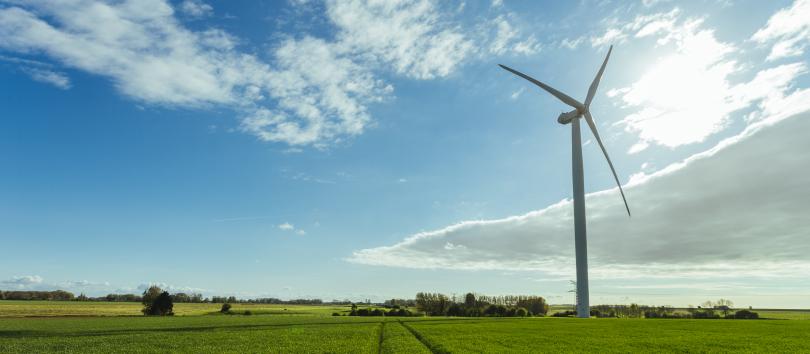
Shifting skills for the green and digital transition
Nations across the globe are facing enormous challenges to adapt and anticipate the skills needed by labour markets due to the green and digital transitions. New technologies and innovations in clean energy and sustainable practices require not only the development of new skills but the updating of existing ones due to the transformation of existing professions, as with the agricultural and automotive sectors.
To meet this demand, education and training systems must reform to ensure that all people are equipped with the knowledge and competences to support and engage in these societal transitions. In addition, targeted actions are needed to ensure the opportunities of the green and digital transitions are equally available for women, young people, and other workers who are at risk of being more excluded without them.
What is the EU doing?
The European Year of Skills 2023 gives fresh impetus to the importance of lifelong learning to contribute to the green and digital transitions, supporting innovation and competitiveness, and inclusion.
The EU’s Green Deal ambitions aim for zero carbon emissions by 2050 through respecting the earth’s resources, the health and well-being of its citizens and stimulating economic growth, for which education and skills play a fundamental role. As a global leader the EU’s ambitions are enacted worldwide through its external relations and assistance. This is where the ETF operates, providing support to the reform of education and skills development systems in the EU's neighbouring regions.
What is the ETF doing?
"A green deal without green training, know-how and expertise will remain forever a fantasy, which is why the ETF has pioneered a programme to incubate, nurture and share green skills," says the ETF's Susanne M. Nielsen, ETF Green Skills Expert and Country Liaison for Ukraine.
Nielsen is the team leader of the ETF's GRETA initiative which connects 18 Centres of Vocational Excellence (CoVEs), from 8 different countries. Implemented in the frame of ETF global Network for Excellence, GRETA supports the greening of vocational education and training (VET) through a whole institutional approach. The partnership allows CoVEs to learn from each other about greening practices, sustainable solutions and the technological knowledge necessary for future training programmes.
Skills development for the green and digital transitions is a transversal issue within all of the ETF’s activities and an important component of ETF’s policy advice to governments and stakeholders in the EU’s neighbouring regions. Close interaction between education and training systems and their environments is supported to build skills ecosystems integrated with economic, technological and social change and greening and digital strategies.
“Technological change is running so fast that institutional frameworks and the skills development can’t match the development. Furthermore, we often see ambitious sustainable growth plans and energy transition strategies, with limited consideration on where the skills are going to come from,” continues Nielsen.
Indeed, Fabio Nascimbeni, ETF Human Capital Development Expert and Country Liaison for Palestine, describes the ETF's approach to digital skills as one of 'radical digital inclusion'.
"Otherwise, if we want to only marginally increase digital inclusion it will take a long time. The more people that are included, the more a policy will have an impact,” concludes Nascimbeni.
At the end of 2022 the ETF released its Digital Education Reform Framework developed within the Creating New Learning initiative. The framework aims to support policy makers in ETF partner countries and beyond to design, implement and monitor effective and equitable digital education policies that are tailored to the dynamics and characteristics of the surrounding ecosystem.
Find out more
Throughout March and April 2023 the ETF’s communication campaign on all our media channels will focus on activities, challenges and success stories for developing digital and green skills. There will be profiling of ETF’s activities on skills mapping and anticipation, Network for Excellence, the Skills Lab Network of Experts, sectoral studies and the smart specialisation (S4S3) methodological approach, frameworks and tools for competence development, and ETF Green Skills Award.
Consult also our Learning Connects newsletter No 11 which focuses on skills for the green and digital transitions.
Did you like this article? If you would like to be notified when new content like this is published, subscribe to receive our email alerts.